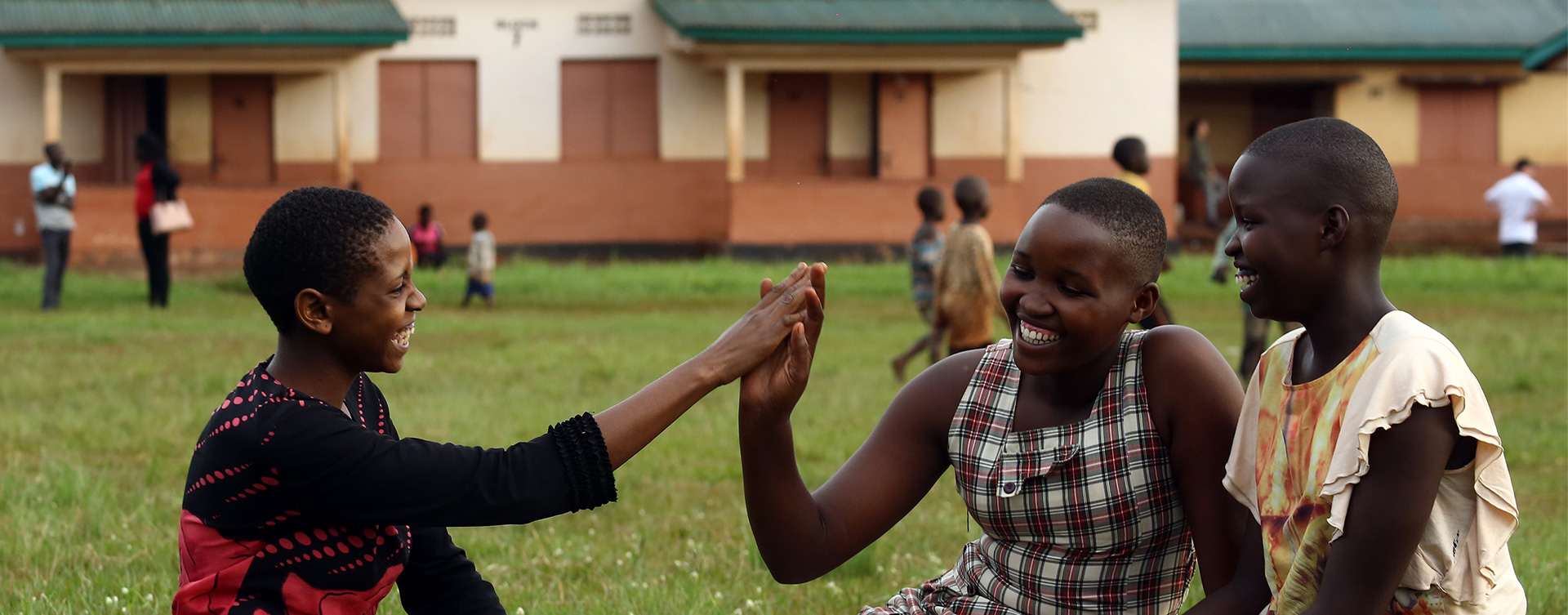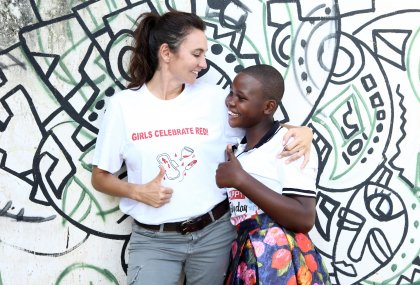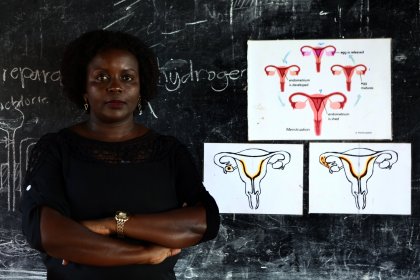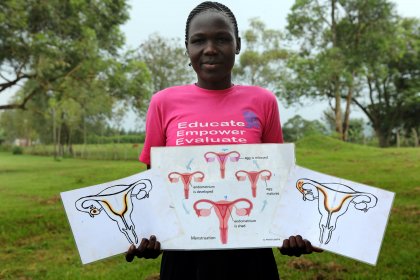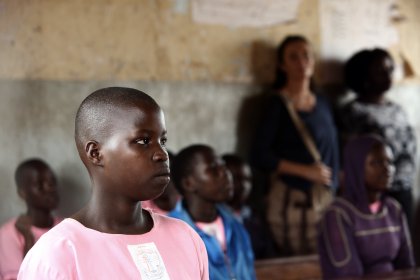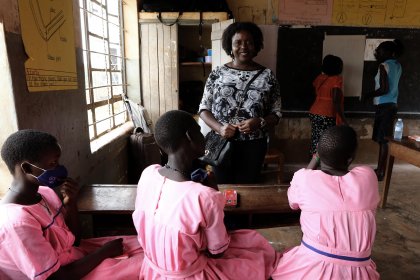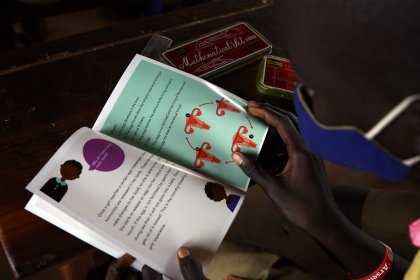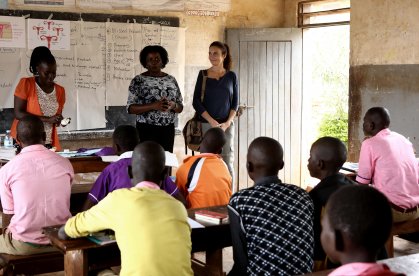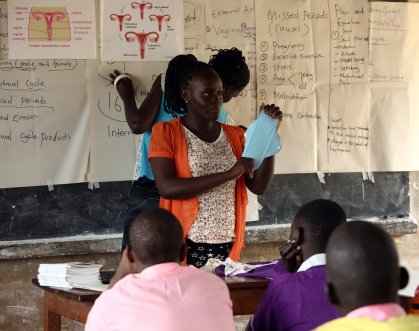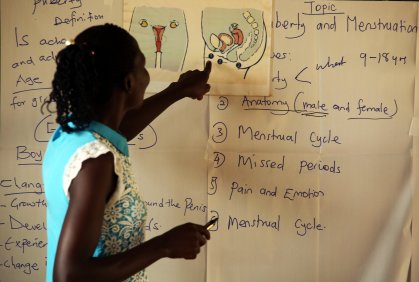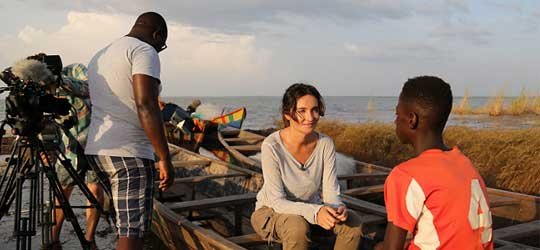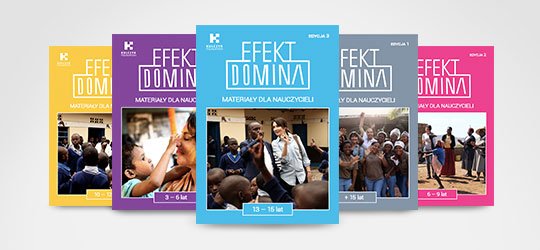Problem description
Uganda is a developing country located in East Africa, on the shores of Lake Victoria. It has one of the fastest growing populations in the world, where the average woman has 5.8 children. The country's population is relatively young, as 68% of the population is less than 24 years old. The country struggles with a problem of gender inequality: women tend to have lower education than men and they are less likely to have an income. Access to contraception is limited, so women often cannot decide how many children they have.
Only 35% of women in Uganda can fully take care of their hygiene during menstruation. Without access to hygiene measures during their periods, women in Uganda use, for example, cloths, pieces of clothing, banana leaves, or dish cloths. They also used to use "tampons" made of dried banana tree fibres. Some women are, fortunately, becoming more health conscious and know that using traditional remedies leads to infections.
Many girls admit that they do not go to school during their periods because they cannot afford sanitary pads. When girls explain why they miss class during their menstruation, they mention the shame caused by the lack of hygiene, menstrual pains, but also the fear that someone might see their blood. According to Uganda's Ministry of Education and Sports, 1 in 4 girls aged 12-18 drop out of education when they start menstruating.
Organisation
The Irise organisation was founded in 2011 by British researcher Emily Wilson. It all started with asking the girls, "What is keeping you from going to school?". It turned out that menstruation was one of the main reasons for their absence. Irise thus focuses on the problem of period poverty by designing and implementing interventions (including women's micro-entrepreneurship programmes), researching and disseminating knowledge about menstruation in schools and local communities, and promoting policy changes in relation to menstrual health.
In its fight against period poverty, Irise gives women a choice when it comes to the type of sanitary products they will use (disposable pads, reusable pads, menstrual cups or tampons). They are presented with various options, together with some pros and cons of each product.
In Uganda, Irise focuses on product distribution, introducing WASH solutions, education, and promoting community engagement to reduce girls' absences from schools and improve their menstrual health. The organisation also deals with problems with access to sanitary products during menstruation, and it engages in campaigns on contraception.
Furthermore, Irise deals with menstrual taboos that vary depending on the local community. Namely, there are still beliefs that, for example, a menstruating girl can destroy the crops by walking across a field, or poison men while she cooks.
Project description
We support the Rise Up project, which aims to help the community affected by the coronavirus pandemic. Female entrepreneurs will be invited to a virtual platform that will be a place for mentoring and mutual support. Additionally, high school girls will be linked with female entrepreneurs. The girls will receive support from mentors and will take part in entrepreneurship training. Also, they will be provided with starter packages so that they can run their own micro-enterprises and sell sanitary products in their schools. The Rise Up programme will end with a training camp for 20 female entrepreneurs and 40 girls. During the camp, participants will be able to share their experiences and needs with stakeholders and decision-makers.
Watch the film

